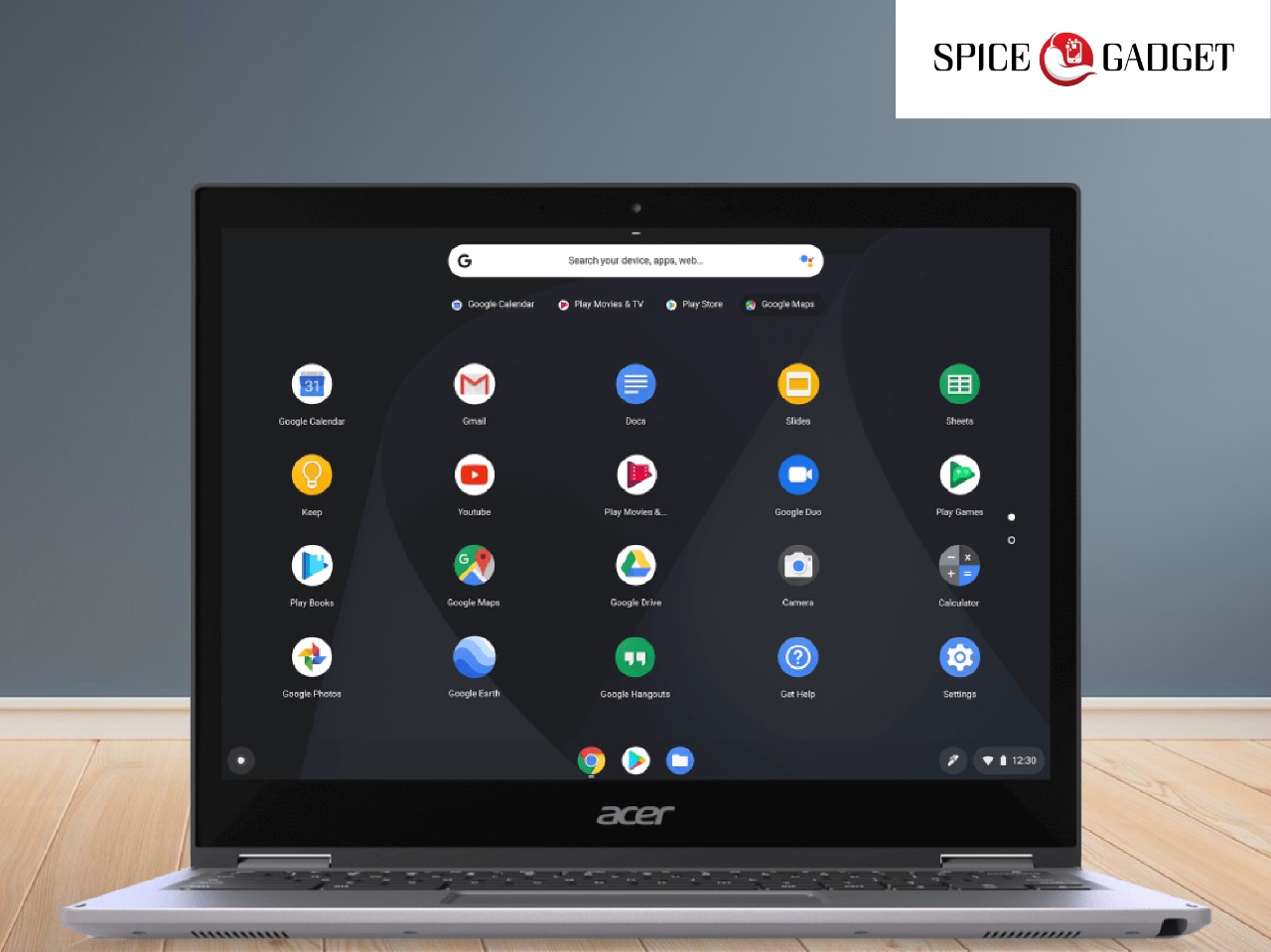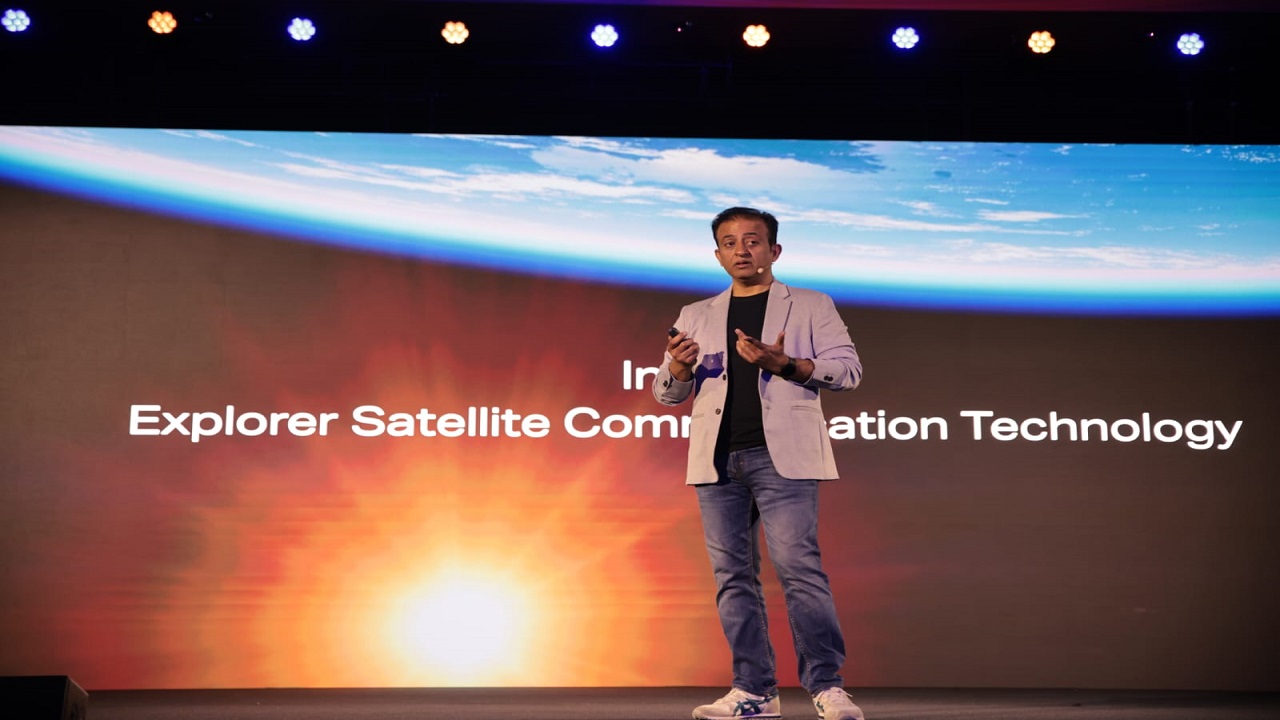According to a recent disclosure from Alphabet Inc.’s Google, a hacker program developed in Italy was utilized to eavesdrop on Apple and Android handsets in Kazakhstan and Italy.
The article said that RCS Laboratory, a Milan-based company whose webpage lists European law investigative organizations as customers, created technologies to eavesdrop on the personal chats and connections of the aimed phones.
Authorities in Europe and America have been considering possible updates to the laws governing the selling and importation of spyware.
Google claimed that “these suppliers are encouraging the spread of harmful malware technologies and empowering countries that would not be allowed to acquire these technologies internally.”
Read More: Apple’s AR/VR headset will launch in January 2023
Inquiries for a reaction from the embassies of Italy and Kazakhstan did not promptly receive a response. Apple has invalidated the identified identities and certifications connected to this cyber attempt, according to a corporate spokeswoman.
RCS Laboratory take
According to RCS Laboratory, its goods and solutions are compliant with European regulations and support criminal investigations by legislation authorities.
In a response to Reuters, RCS Laboratory stated that its employees are “never subjected to, but neither do they engage in such actions done by the respective clients.” It also strongly opposed such misuse of their devices.
Google declared that it has taken precautions to safeguard Android customers and had informed them regarding the malware identified as Hermit.
Read more: iOS 16 new feature will let users bypass CAPTCHA verification on apps and websites
Many businesses are creating intercepting technologies for legislation authorities, fueling a worldwide sector that produces malware for authorities.
The usage of these instruments by certain authorities to repress social and humanitarian values is accused by anti-surveillance groups.
Since Pegasus malware from the Israeli espionage company NSO was recently discovered to have been utilized by several countries to monitor reporters, activists, and dissidents, the sector fell under intense international scrutiny.
According to Bill Marczak, a cybersecurity expert with online watchdog Citizen Laboratory, RCS Agency’s programmer may potentially intercept communications and examine credentials even if it could not be as covert as Pegasus.
This demonstrates that despite the widespread use of these technologies, much work has to be done to protect them from such potent cyberattacks, he continued.












